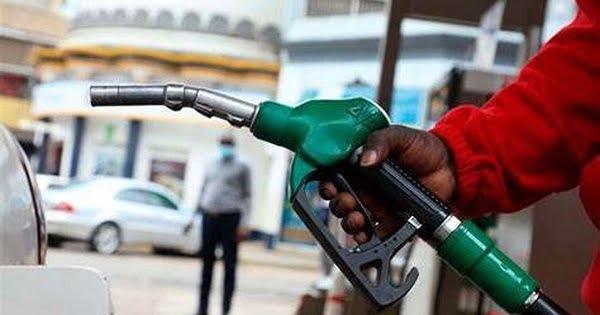The Institute for Energy Security (IES) has cautioned Ghanaians of an impending shortage of widespread petroleum products across the country.
Executive Director of the energy think tank, (IES) Nana Amoasi VII disclosed this and remarked that Ghanaians should be perturbed about this development.
“There is something to be much worried about and that’s the likelihood of the shortage of the commodity on the market on the back of a reported shortage of dollars for the Bulk Oil Distribution Companies, the importers and the erosion of working capital of some of these importers. The price of crude oil remains high and the cedi value continues to decline”. He said.
According to the Institute, depreciation of the cedi has brought about the scarcity of the US Dollars and depletion of some working capital of the Bulk Oil Distribution Companies (BDCs) will contribute to this unfortunate event.
“We first raised these concerns in March this year and in the following month there were reports of pockets of shortages of fuel across the country”, he explained.
He further explained that failure on the part of authorities to properly plan towards this will result in widespread fuel shortage, a situation he described as serious.
“This time around any incident of shortage may be widespread if we fail to plan against it. It is more serious”. He explained.
A surge in fuel prices hit the economy and on 17th October, 2022, another increment was announced, mounting pressure on drivers in the commercial and private sectors.
Currently, petrol price is selling at ¢13.10 per litre, an increase of about 16% from the previous price of ¢11.10. Diesel per litre has also increased to about ¢15.99 an increase of about 12% from the previous price of ¢13.90.
Meanwhile, commercial drivers are considering increasing their fares to offset the recent increment but this move has stalled as negotiations are expected to commence soon with stakeholders.
Ghanaians on the other hand are grumbling about this development and most people fear not being able to absorb this increase with their unchanged disposable income.
Widespread shortage of fuel will be another blow to commercial and private drivers, households and to the economy as a whole, hence the need for stakeholders to take urgent and effective steps to curb this impending problem.


